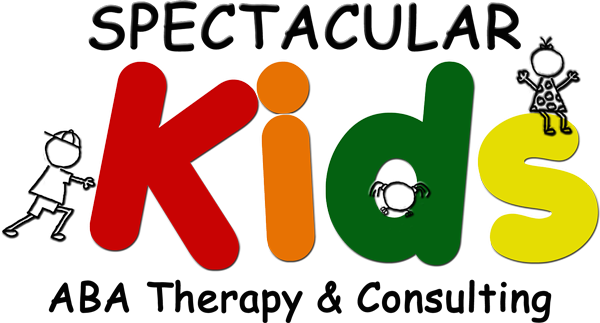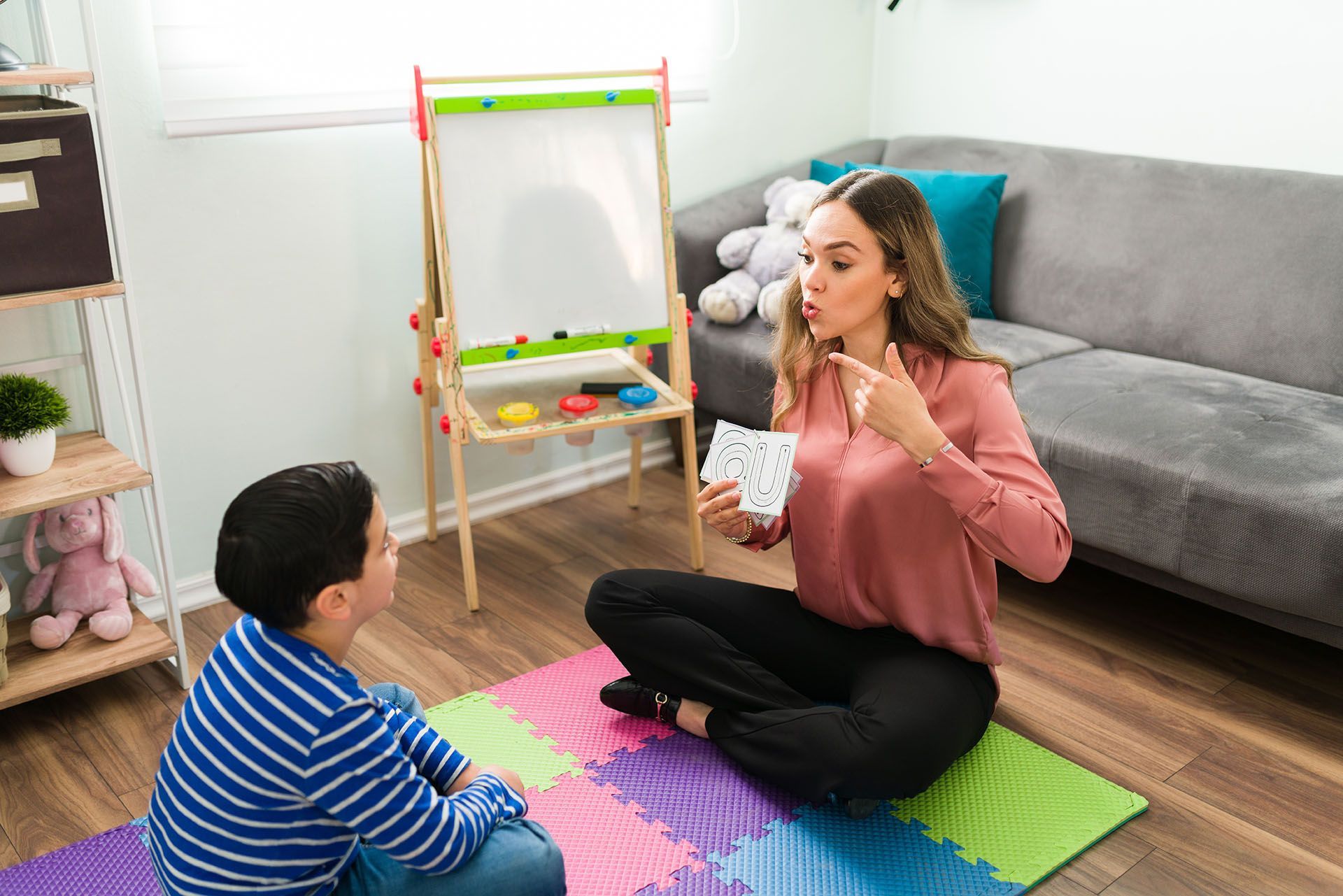Understanding Applied Behavior Analysis
Applied Behavior Analysis (ABA) is a therapeutic approach grounded in the principles of behavior and learning science. It allows for a clearer understanding of:
• The dynamics of behavior
• The environmental impacts on behavior
• The progression of learning
ABA therapy utilizes this knowledge of behavioral function in practical situations with the aim of promoting beneficial behaviors while minimizing harmful or disruptive ones.
ABA therapy programs can facilitate:
• Development of language and communication skills
• Enhancement of attention, focus, social interaction, memory, and academic performance
• Reduction of problematic behaviors
For several decades, behavior analysis methods have been employed and extensively studied, assisting a broad spectrum of learners in acquiring diverse skills, ranging from adopting healthier lifestyles to mastering new languages. Since the 1960s, ABA has been instrumental in aiding children with autism and related developmental disorders.
The Mechanics of ABA Therapy
Applied Behavior Analysis incorporates a variety of techniques aimed at understanding and modifying behavior. ABA is a versatile treatment:
• It can be tailored to suit the needs of each individual
• It can be provided in various settings – at home, at school, or within the community
• It imparts skills that are applicable in day-to-day life
• It can offer one-on-one teaching or group instruction
Positive Reinforcement
One of the key strategies in ABA is positive reinforcement.
When a behavior is followed by a rewarding consequence, an individual is more likely to repeat that behavior, which over time leads to a positive behavior change.
Initially, the therapist identifies a target behavior. Each time the individual successfully exhibits the behavior or skill, they receive a reward. The reward holds personal significance to the individual – examples could include praise, a favored toy or book, watching a video, or access to a preferred location such as a playground.
These positive rewards motivate the individual to continue practicing the skill, gradually leading to significant behavioral improvement.
The Structure of an ABA Program
Effective ABA programs for autism are individually tailored. ABA is not a rigid set of drills but rather, each program is developed to cater to the needs of the individual learner. The primary objective of any ABA program is to help individuals develop skills that will foster their independence and success, both presently and in the future.
Planning and Ongoing Assessment
A professionally trained and qualified behavior analyst (BCBA) is responsible for designing and directly supervising the program. They customize the ABA program to align with each learner's skills, needs, interests, preferences, and family situation.
The BCBA initiates the process by conducting a comprehensive assessment of each individual’s skills and preferences, using this information to outline specific treatment goals, which can also incorporate family goals and preferences.
Treatment goals are established based on the individual's age and ability level and may encompass various skill areas such as:
• Communication and language
• Social skills
• Self-care (like showering and toileting)
• Play and leisure
• Motor skills
• Learning and academic skills
The instructional plan decomposes each of these skills into small, manageable steps. The therapist teaches each step progressively, from simple tasks (e.g., imitating single sounds) to more complex ones (e.g., carrying on a conversation).
The BCBA and therapists monitor progress by collecting data in each therapy session. This data aids them in keeping track of the individual’s progress toward their goals continually.
The behavior analyst regularly convenes with family members and program staff to review progress information. They can then strategize and modify teaching plans and goals as required.
Are you ready to explore ABA Therapy in Houston? We are here to help. Schedule a tour at one of our 3 locations today.
Share Post:
Leave Your Comment
Recent Posts
NEED MORE INFO?
If your child was diagnosed with Autism Spectrum Disorder, find out how ABA Therapy might be able to help your family.







